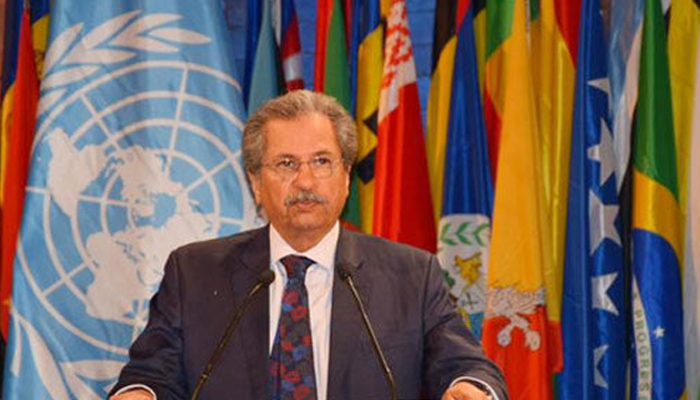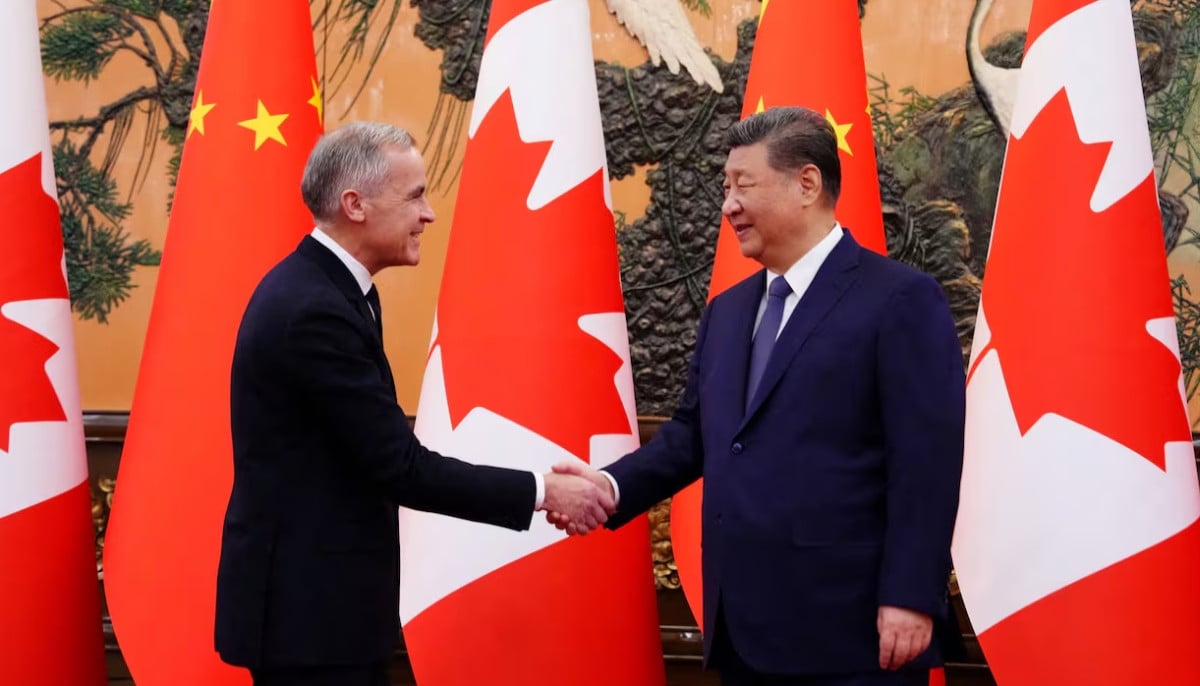PTI reforming education system in Pakistan, Mahmood tells World Education Forum
PTI-led government has 'increased education budget' to boost the literacy rate in country, says the minister
LONDON: Federal Minister for Education Shafqat Mahmood told the World Education Forum that the Pakistani government was taking comprehensive measures to bring about educational reforms in the country.
Mahmood is currently in London to attend the World Education Forum. He spoke about the curriculum reforms that the Pakistan Tehreek-e-Insaaf (PTI) government is undertaking on an “emergency basis”.
Azad Kashmir’s Minister for Education Syed Iftikhar Gilani is also attending the forum and shared the AJK govt’s plans to reform the education system.
Several presidents of universities and senior officials are also in attendance. The annual event brings together representatives of education systems from around the world to brainstorm educational reforms and new techniques.
Mahmood told the Forum that the PTI-led government had "increased education budget" to increase the literacy rate in the country. He told the audience that for over a year the government has been working extensively at the federal level to introduce structural reforms in the education system. He told the conference that Prime Minister Imran Khan had prioritised reforming the education system to end disparity of the system and Centre govt was working on it.
The Federal Education Minister also met Baroness Sugg and Andrew Stephenson MP as well as officials from the Department of International Relations (DFID) to discuss the UK’s education program in Pakistan.
Mahmood informed the British officials of the seriousness of PM Imran’s government to overhaul the education system to empower Pakistani youth. He told the British officials that aid provided by the Department for International Development (DFID) had helped Pakistan improve quality literacy rate.
Gilani informed the conference that introduction of the National Test Service (NTS) in Azad Kashmir had revolutionised the system as every teacher being appointed in schools and colleges was going through a rigorous merit-based test system. He told the conference that reforms were bring introduced through NTS to root out political appointees.
Gilani said: “Dispensation of quality education starts with teachers. For decades, most of the teachers were appointed through a system of cronyism. We have ended that completely. That has helped us improve our education standards a great deal and the whole system is now on the right track.”
As the delegates gathered for the conference in London, the United Nations said in a report that a third of the world's poorest girls, aged between 10 and 18, have never been to school.
The report from UNICEF, the UN's children's agency, warned that poverty and discrimination were denying education to millions of young people.
"As long as public education spending is disproportionately skewed towards children from the richest households, the poorest will have little hope of escaping poverty," said UNICEF's executive director, Henrietta Fore.
-
Daniel Radcliffe reveals surprising way fatherhood changed him
-
Alan Cumming shares plans with 2026 Bafta Film Awards
-
OpenClaw founder Peter Steinberger hired by OpenAI as AI agent race heats up
-
Chinese New Year explained: All you need to know about the Year of the Horse
-
Canadian passport holders can now travel to China visa-free: Here's how
-
Edmonton weather warning: Up to 30 cm of snow possible in parts of Alberta
-
ICE agents 'fake car trouble' to arrest Minnesota man, family says
-
China confirms visa-free travel for UK, Canada nationals












